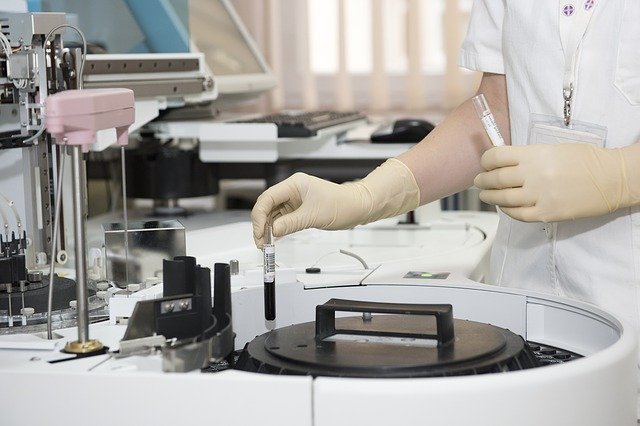
In a recent study, researchers at Lund University in Sweden and collaborators have found how the body’s own peptides act to reduce infection and inflammation.
They found that the body’s peptides could deactivate the toxic substances formed in the process.
The toxins that are neutralized, known as lipopolysaccharides (LPS), come from the bacterial cell walls and generate an inflammatory reaction.
The reaction is a necessary part of our immune defense system, in which our bodies respond quickly and fight invasive bacteria.
However, it can be over-activated and become harmful, as observed in infected skin wounds, infections in various organs, or in the case of bacteria spreading to the blood, which can lead to sepsis.
Previous research has shown what the task of these peptides is, but it was unknown how they proceed in gradually reducing an inflammatory reaction.
Currently, most drugs aim to more or less completely block a target, such as a receptor.
But that risks a deactivation of the immune defense system which can be detrimental and downright dangerous.
The body’s own defense mechanisms proceed with greater caution in what is known as a transient manner:
the peptides act on their target for a short time to reduce an inflammation towards normalization.
It is the natural functions of these peptides that scientists want to develop into new drugs.
In addition, the peptides present in thrombin, a common blood protein, are multifunctional and can attack several targets, unlike current drugs.
The researchers believe their discovery could lead to new drugs against infection and inflammation, for example in wound healing.
The dermatology researchers now want to develop a peptide gel for improved wound healing in patient studies.
That is their primary goal, but they will also be looking at the possibility of developing new drugs against infections in the eyes and various internal organs.
They hope this will become a new way of preventing both infection and inflammation without using antibiotics.
Artur Schmidtchen, professor of dermatology and venereology at Lund University, is one research author. He has been researching innate immunity for over 20 years.
The study is published in Nature Communications.
Copyright © 2019 Knowridge Science Report. All rights reserved.



